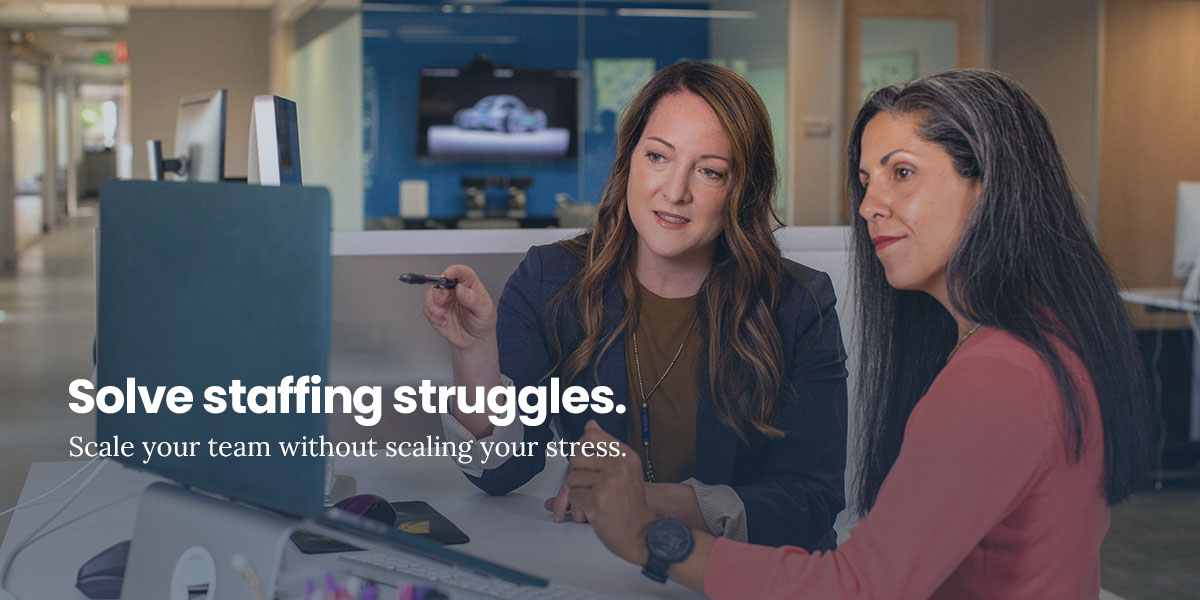Taking too long? Close loading screen.


Covid-19 has caused enormous damage to global economies. But it’s also generated an explosion of start-ups. Between June and September last year, more new businesses were launched in the U.S. than in any quarter in history.
Of course, not all of these businesses will go on to be successful. Nine out of ten start-ups fail and only those that have a disciplined focus will succeed. If you want to survive and thrive, these should be your key priorities as you look to build foundations for growth.
According to Fortune magazine, the reason most start-ups fail is because “they make products no one wants”. Unless you understand your customers and the need you serve for them, no start-up can survive.
If you have the $$ then its worth investing in both qualitative research (e.g. focus groups and interviews) and quantitative research (e.g. online research, market analysis etc.) but if you are one of the majority who don’t then make sure you can answer these questions
What problem does it solve?
Who will pay for the solution?
Run it by critics. Call potential users and ask – would you buy this?
In a competitive market, ask yourself, ‘How do I stand out? What’s our USP?’
Once you have ample research on how you can best meet your customers’ needs, you’ll be able to carve out a unique space for your business and have valuable insights to impress investors too.
No matter how strong your business idea is, if it doesn’t resonate with your customers then you will never be able to grow.
Branding is the alchemy that can turn a business idea into a global empire.
It’s also something that should run seamlessly through every customer touch point; from your website, name and customer support to your image, delivery people and aftercare service. It’s what defines you and tells a compelling story about your purpose.
Many start-ups make the mistake of treating branding as something that can be sorted later on while they concentrate all their early efforts on their product or service. This can be fatal.
Investing in branding from an early stage will help you start to build trust and loyalty as well as get noticed by potential customers.
If you’re looking to grow fast then company culture needs to be strongly defined from the outset. Building a company is a labour of love and requires great commitment from your team.
Maintaining this high level of commitment will require a clear culture that’s based on a shared vision, strong values, transparency, creative problem solving and respect.
This won’t happen by chance and every start-up has to work hard to instil their values. Key actions to make this happen are defining your purpose, documenting your values, welcoming new ideas, showing empathy, making sure everyone understands their roles, ensuring humour is part of every working day and having a values-led recruitment policy.
Once you’ve started to achieve growth, the real challenge is moving beyond a start-up to a scaleup. This means more employees, more costs and things becoming a lot more complex.
The fact that only one in 200 start-ups become scaleups shows how difficult this is. Those that make the transition don’t necessarily have to lose their start-up identity, but they do need to lose a start-up mentality.
The scaleup mindset is all about creating a dynamic structure, competitive edge and making strategic leaps. It has to identify areas of the business that are too labour intensive and focus on freeing up people’s time so they can specialise in select functions.
The best way to do this is by improving your infrastructure and outsourcing key processes to build room to grow.
Whether its sales and marketing, back office support or customer experience, outsourcing can instantly give start-ups a major competitive advantage. Not only does it level the playing field by allowing you to compete with much larger businesses, it gives you instant access to expertise, cost savings and frees up time to focus on other key areas of your business.
Outsourcing creates an elastic model that allows you to pay as you go and increase your output without increasing fixed costs. It can enable you to lower your bottom line while increasing productivity.
When you’re firmly on the scaleup trajectory, one thing will change. Your customers’ expectations will grow and so will the level of support they need due to greater volume of sales. As you build customer insights at scale, you will be able to forecast and fix issues before they become a problem.
Some of this can be outsourced but it will require a different level of focus to the early start-up days.
However, from day one to when you begin to scale up, customer service should remain a priority, as it can make or break people’s relationship with your brand.
As the basis of how you’re perceived, it’s the bedrock upon which trust, loyalty and even recruitment is based.
Keeping on top of these key areas to achieve start-up growth and scaleup success will require tremendous discipline. On occasion it may feel like some of the early spontaneity and fun has been sacrificed for a process-driven, controlled approach. But this is ultimately what separates businesses that don’t last and those that can eventually take off and aim for the stars.
Anticipating growth?
Access the tools, tech & team you need to scale globally.

Serious about scaling?
One call is all it takes to know if we’re a fit.
© 2024 Enshored · Privacy · GDPR · California · Cookies